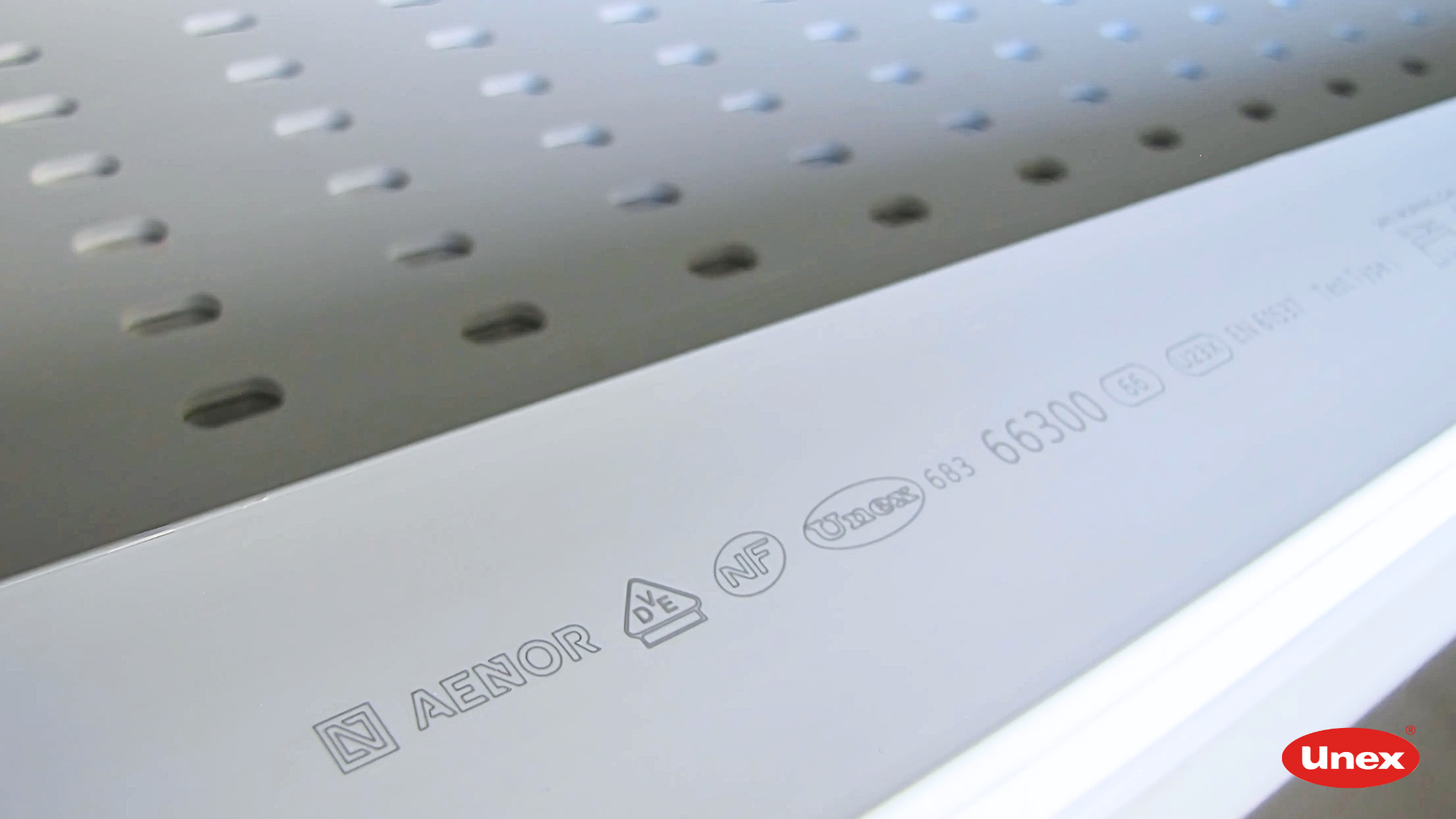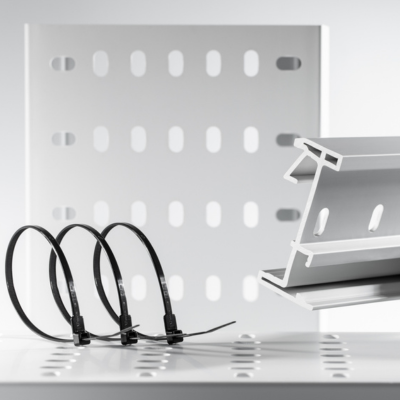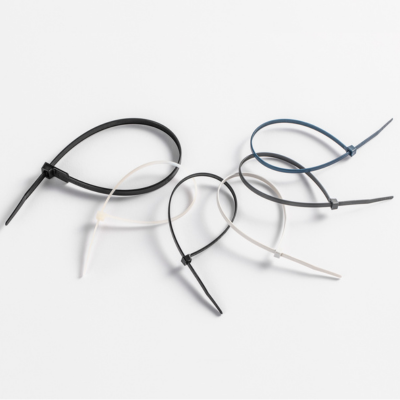How safe is the electrical equipment we handle every day? Certifications are far more than just formalities. Behind every certification mark are scientific rigour, exhaustive testing, and strict standards that leave no room for error. In an environment where any failure could be catastrophic, each component must be robustly validated.
In this context, certifications play a crucial role in ensuring that products meet stringent standards for quality, safety, and performance. Certification marks like N, NF, UL, VDE and others not only provide independent validation but also confer a competitive advantage in global markets.
At Unex, the quality of our solutions is validated through strict adherence to product and application standards, as well as the acquisition of approvals and quality marks.
In this article, we will explore the role of certifications, the benefits they offer to both manufacturers and consumers, and the key differences between certification and self-declaration of conformity. Installing products with quality marks is the best assurance that they comply with current regulations and that their technical specifications have been verified by an external regulatory body.
What are certifications, and what is their purpose?
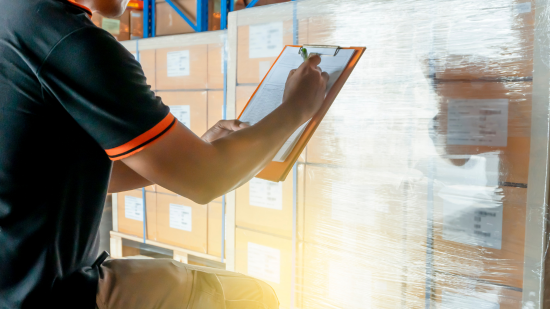 Certifications in electrical equipment are formal procedures that confirm a product’s compliance with specific safety, quality, and performance standards established by nationally and internationally recognised organisations.
Certifications in electrical equipment are formal procedures that confirm a product’s compliance with specific safety, quality, and performance standards established by nationally and internationally recognised organisations.
These certifications are essential for ensuring that products comply with the technical and legal requirements of their intended markets, thereby guaranteeing their safety against potential risks.
Furthermore, they facilitate access to international markets by demonstrating that products meet the specific requirements of each region, thus promoting global trade. In a competitive market, certifications help products stand out by providing consumers with confidence and added value.
Key certifications in electrical equipment
Some of the main certifications in the electrical equipment sector are:
Spanish Association for Standardisation and Certification (AENOR):
- Certification: N Mark.
- Function: Ensures compliance with Spanish (UNE) and European (EN) standards
- Benefits: Guarantees conformity with recognised standards, enabling acceptance in European markets.
Laboratoire Central Industries Electriques (LCIE):
- Certification: NF Mark.
- Function: Certifies compliance with French and European standards.
- Benefits: Recognised in France and Europe, guaranteeing product quality and safety.
Underwriters Laboratories (UL):
- Certification: UL Mark.
- Function: Validates safety and performance for the US and Canadian markets.
- Benefits: Facilitates access to North American markets, ensuring high-safety standards.
Verband der Elektrotechnik Elektronik Informationstechnik e.V. (VDE)
- Certification: VDE Mark.
- Function: Complies with German and European standards.
- Benefits: Secures conformity with recognised standards, easing acceptance in European markets.
Differences between certification and self declaration of conformity
Certification is a process carried out by independent and 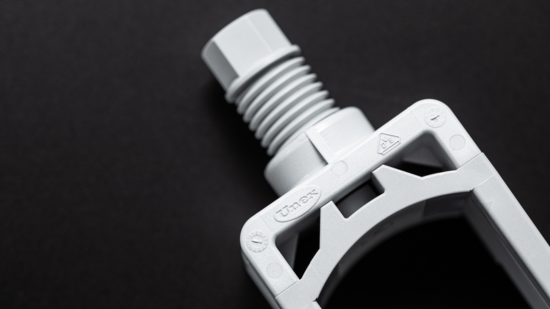 accredited bodies that formally evaluate and verify whether a product meets specified standards.
accredited bodies that formally evaluate and verify whether a product meets specified standards.
This includes laboratory tests, production inspections, and regular audits to maintain conformity at every stage of the supply chain.
In addition, samples are taken directly from the factory and from the market for testing.
In contrast, self-declaration of conformity is a process in which the manufacturer, under their own responsibility, asserts that their product complies with applicable regulations. This process is common in the European Union for products requiring CE marking. There are two types of self-declaration of conformity:
- Self-declaration without a specific standard: In this case, the manufacturer simply asserts that its product meets certain requirements, but without referencung a specific technical standard. This can raise doubts about the reliability of the declaration, as there is no independent verification or evidence to support compliance.
- Self-declaration with a recognised standard: Here, the manufacturer declares that its product complies with an established standard, such as harmonised European norm. Althought no external body is involved to verify this compliance, the self declaration is based on a recognised standard, wich lends it greater credibility.
CE marking is a key example of self-declaration with a recognised standard. Most products in the EU can be self-declared if the manufacturer adheres to the applicable harmonised standards. However, for higher-risk products, the involvement of a notified body is required to verify compliance through a formal certification process.
Certifications, by contrast, provide impartial external validation, assuring consumers and end-users that products meet recognised and verified standards. In other words, quality marks offer added value beyond CE marking.
Unex
To provide our customers the highest level of safety, at Unex we certify all our products with various quality marks, depending on the primary markets in which we operate.
All technical characteristics of our products have been rigorously evaluated by internationally renowned independent bodies. At Unex, we have a policy of never declaring any characteristic without first subjecting it to testing. This commitment to quality has been a key differentiator since our inception and remains a fundamental pillar of our value proposition.
And you? Do you ensure quality in your projects by selecting certified products, or do you rely on unverified claims?
The difference could be the key to the success of your installations.
On the Unex blog, we cover a wide range of topics of interest and share experiences from our clients. We remind you that all legal information and information regarding compliance with applicable regulations can be found on our official website. We invite you to consult it for a more comprehensive and accurate understanding.
